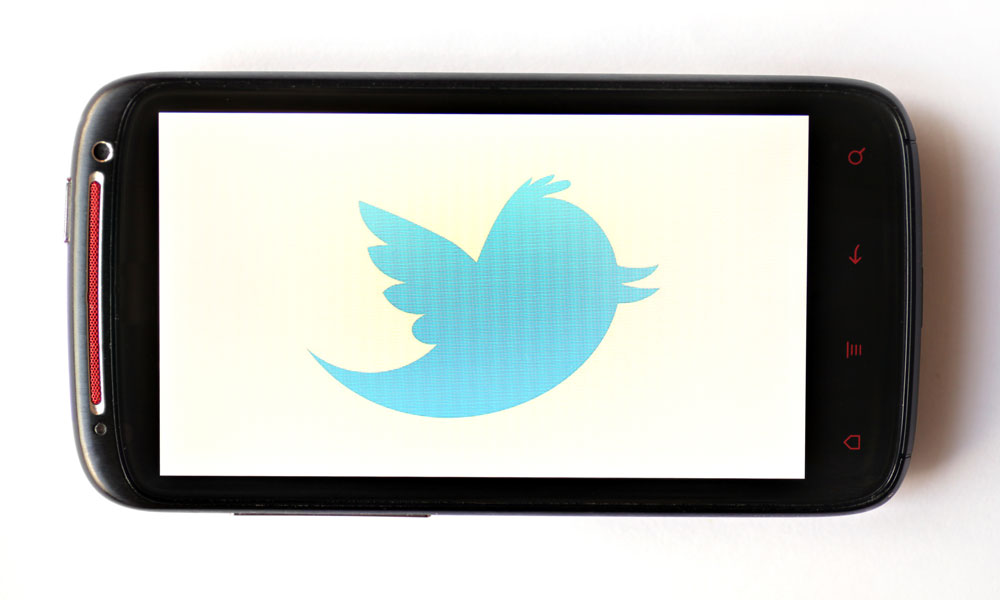
Twitter Asks for Nonprofit Help in Fighting Trolls
Twitter's new Trust & Safety Council, backed by a wide variety of nonprofits, aims to tackle one of the major struggles that it and its users have faced over the years: the proliferation of harassment on the social network.
Could the solution to Twitter’s long-running troll problem come courtesy of the nonprofit sector?
It’s not clear as of yet, but it’s nonetheless worth keeping an eye on the work of Twitter’s new Trust & Safety Council, which the social network announced to the public last week.
The social network, which has faced some high-profile defections in recent months—most recently, the decision by Stephen Fry, one of the earliest celebrities to join the site, to quit the network after being criticized about a joke he made at the BAFTAs—announced that it was collaborating with more than 40 nonprofits on the council. Among the new members are the National Cyber Security Alliance, GLAAD, the Internet Watch Foundation, the Anti-Defamation League, and the Dangerous Speech Project.
“To ensure people can continue to express themselves freely and safely on Twitter, we must provide more tools and policies,” said Patricia Cartes, the company’s head of global policy outreach. “With hundreds of millions of Tweets sent per day, the volume of content on Twitter is massive, which makes it extraordinarily complex to strike the right balance between fighting abuse and speaking truth to power.”
One notable nonprofit that’s helping out with the endeavor is Feminist Frequency, whose founder, media critic Anita Sarkeesian, has dealt with online harassment up close, as she was a key target of criticism during the Gamergate controversy and, as a result, was forced from her home in 2014 due to online harassment and the disclosure of personal information. Feminist Frequency and the other groups will offer direct feedback to Twitter on its forthcoming efforts to improve safety for its users.
Those taking part in the council will help the company design better safety policies and tools. Emma Llansó, the director of the Free Expression Project at the Center for Democracy and Technology in Washington, DC, told the Christian Science Monitor that this approach could help the social network in the long run.
“I think this council could be a real benefit to Twitter, not just in terms of getting input in terms of what they’re planning and how they’re dealing with [issues such as harassment] but also by creating an actual focal point for discussion,” Llansó said.
(iStock/Thinkstock)






Comments